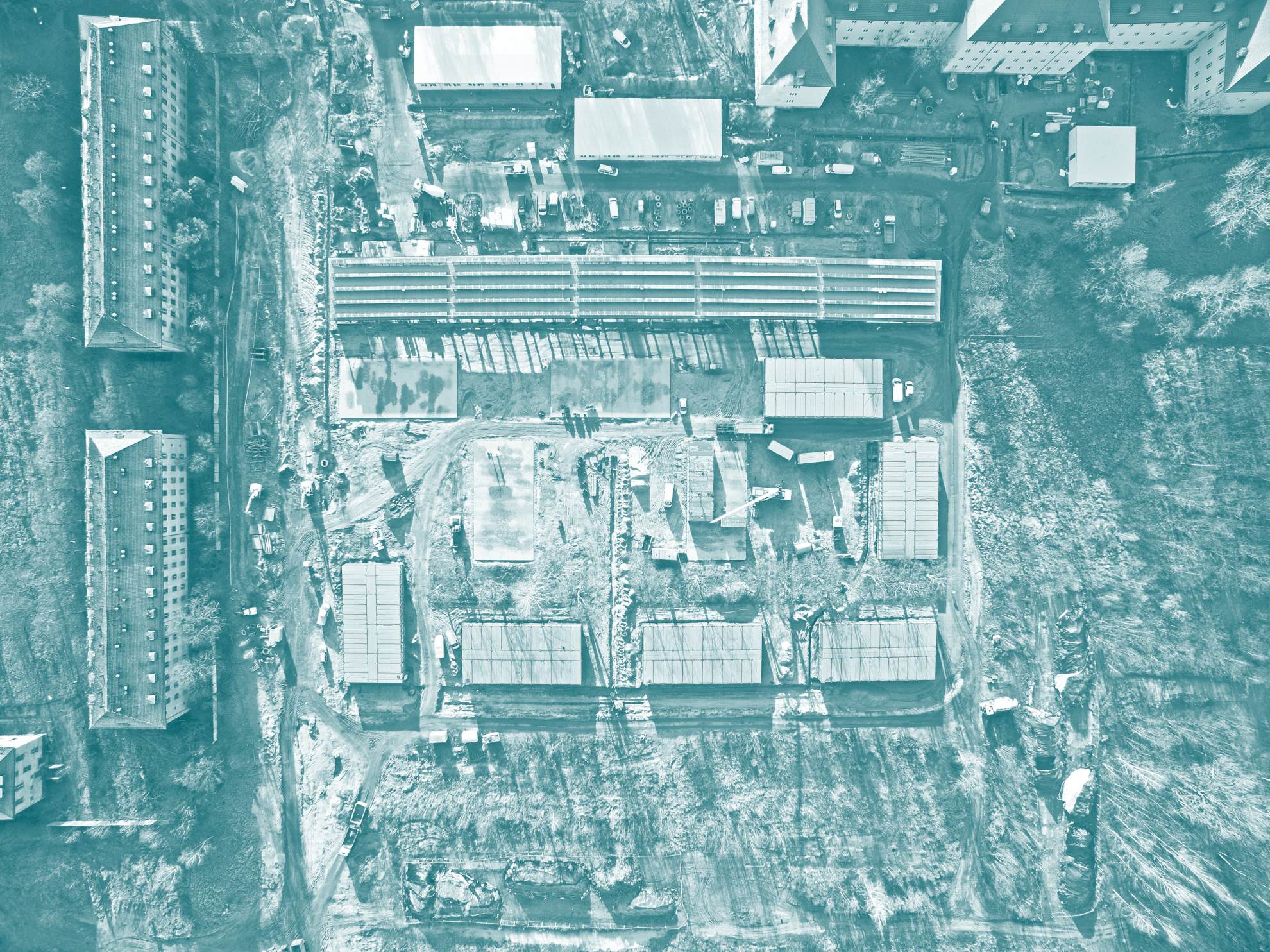17 June 2021 14:20 Colonizing Space and Time
Decolonizing the Architectural and Urban Histories of the Colonial City of Diu
Nuno Grancho (DINÂMIA’CET-Iscte, University Institute of Lisbon)
Since the 20th century, interventions have asked about the complicity with colonialism in the disciplinary histories of architecture and urbanism. Yet theoretically and methodologically, we still encounter unresolved issues. The “colonial” brings to the debate dismissive associations with an unequal or unbalanced power relationship between colonizer and colonized during the building and domination of empires. Colonial architectural and urban histories are seen as showcasing the imperial projects through design and building practices. Architects and urbanists are seen as agents for the colonial powers in local settings and interests through their focus on public buildings and the controlling gaze of the realm. An aesthetics of coloniality that correlates power and modernity dominates the disciplinary histories of architecture and urbanism and resists efforts to decolonize the disciplines.
By contrast, a reversal of the imperial gaze enquires about colonizing subjects and societies. Accordingly, by focusing on how colonial encounters and imperial entanglements affected architecture and urban developments, this paper replies to the provocation of postcolonial studies to “provincialize Europe” by foregrounding a genealogy of political modernity that emerges from broader geographies of politics, rather than one that develops “first in Europe then elsewhere”.
This paper endeavours to change optics with a decolonizing thought experiment about Diu, a former Portuguese colonial city in western India, drawing upon theories of subaltern studies and postcolonialism to explore perspectives on colonial architecture and urbanism since the late 18th century, negotiated from below and framed by the colonialists’ pursuit of power. I argue for an active rejection of discourses based in hegemonic dichotomies and offer an intellectual decolonization: a realm neither so narrow as to reject interpretations that do not pertain specifically to Portuguese colonialism nor so wide as to include every type of critical perspective under its shelter. This will be achieved through comprehensive local urban history, recognizing the effects of religious, racial and ethnic difference, and the space and site coverage standards applied to the built environment. Such a genealogy of the rules can deconstruct the influences at work in the colonial city of Diu, which include the following: the placement of the home in its surroundings; the impact of race and ethnicity; the religious “utilitarianism” that helped to develop local powers; the ways devised to achieve indigenous local trade; the imperial military imperatives behind power; and the approaches to land occupancy.
Nuno Grancho is an architect, urban planner and architectural historian and theorist who works at the intersection of architecture, planning, material culture and colonial practices and their relationships with the transatlantic world and (post)colonial Asia, from the early 16th century up to the present day. Grancho holds a PhD in Architecture and Urbanism at the University of Coimbra. In 2014, he was a Visiting Researcher at the School of Oriental and African Studies (SOAS), University of London. Since 2017, Grancho has been a Research Fellow at DINÂMIA’CET – University Institute of Lisbon (ISCTE-IUL), Lisbon, Portugal. He is head researcher for the Research Project “Asia on the Move: Two-Way Processes, Data and Legacy of Architecture and Urbanism from Former Portuguese Colonial Territories in South Asia”, supported by the Foundation for Science and Technology (FCT), Lisbon, Portugal, and hosted by DINÂMIA’CET – University Institute of Lisbon (ISCTE-IUL).
